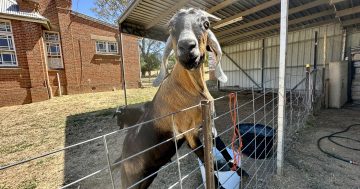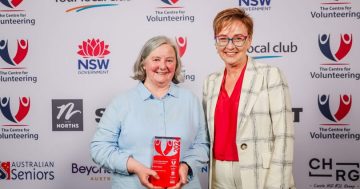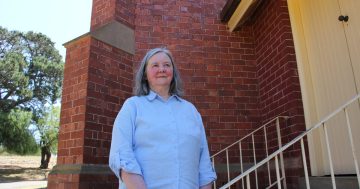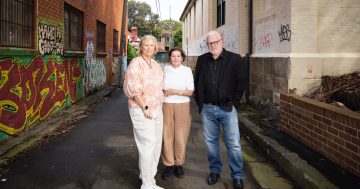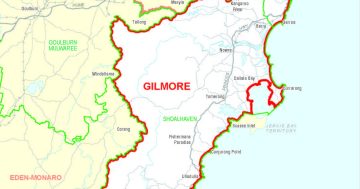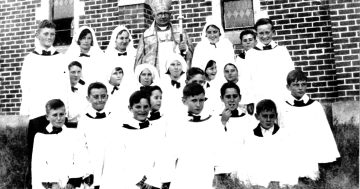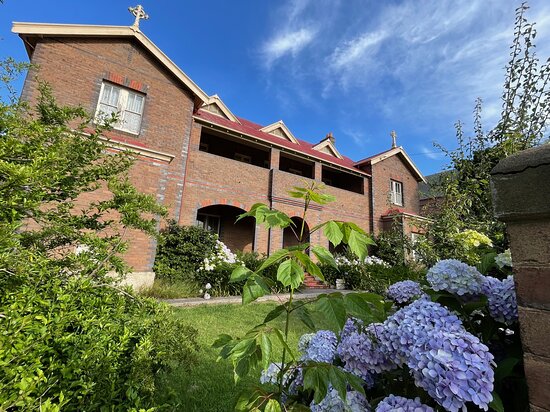
The former Sisters of St Joseph convent at Taralga will now serve as a transition house for graduates of The Farm at Galong. Photo: Trip Advisor.
In the historic Southern Tablelands town of Taralga, a modest convent once home to the Sisters of St Joseph is preparing for a new purpose – one that’s steeped in the very values it was originally built upon: care, compassion and restoration.
The historic convent, built in 1929, will soon open its doors as a “transition house” for women in the final phase of a two-year recovery journey through The Farm at Galong’s women’s support program.
It marks an important expansion for the faith-based therapeutic community, which has spent nearly a decade helping women recover from trauma, addiction and the systemic disadvantages that often accompany generational poverty and family separation.
Described by the program’s founder Kate Cleary as a “step-down” facility, the Taralga house is not a refuge, crisis shelter or rehab – it’s the next phase of rebuilding a life.
After 12 months of intensive work at The Farm at Galong – including therapy, vocational training, parenting support, and drug and alcohol recovery – Kate says women who graduate the program often find themselves vulnerable to relapse when re-exposed to the environments they left behind.
“They can be ready, they can be employed, they can have custody restored – but they’re not always equipped to resist the pull of their past,” she said.
“This house gives them another year, but in a more independent setting. It lets them test what they’ve learned, while still having the scaffolding around them.”
At the Taralga house, women will live under clear rules, undergo regular drug and alcohol testing and manage daily responsibilities including rent and jobs.
Unlike the intensive structure of the Galong farm, the Taralga setting will feel more like a shared residential home, supervised part-time by a staff member affectionately referred to as the “house mother”.
Most significantly, women will bring their children with them, which is what sets this program apart nationally, according to Kate.
In Australia, few recovery or rehabilitation centres accommodate mothers with children, she said.
“Many women delay or avoid entering programs altogether for fear of having their children removed – or because they’ve already lost custody,” she explained.
At Galong, the goal is family restoration.
Women are supported through the complex legal and psychological process of having children returned from foster or kinship care.
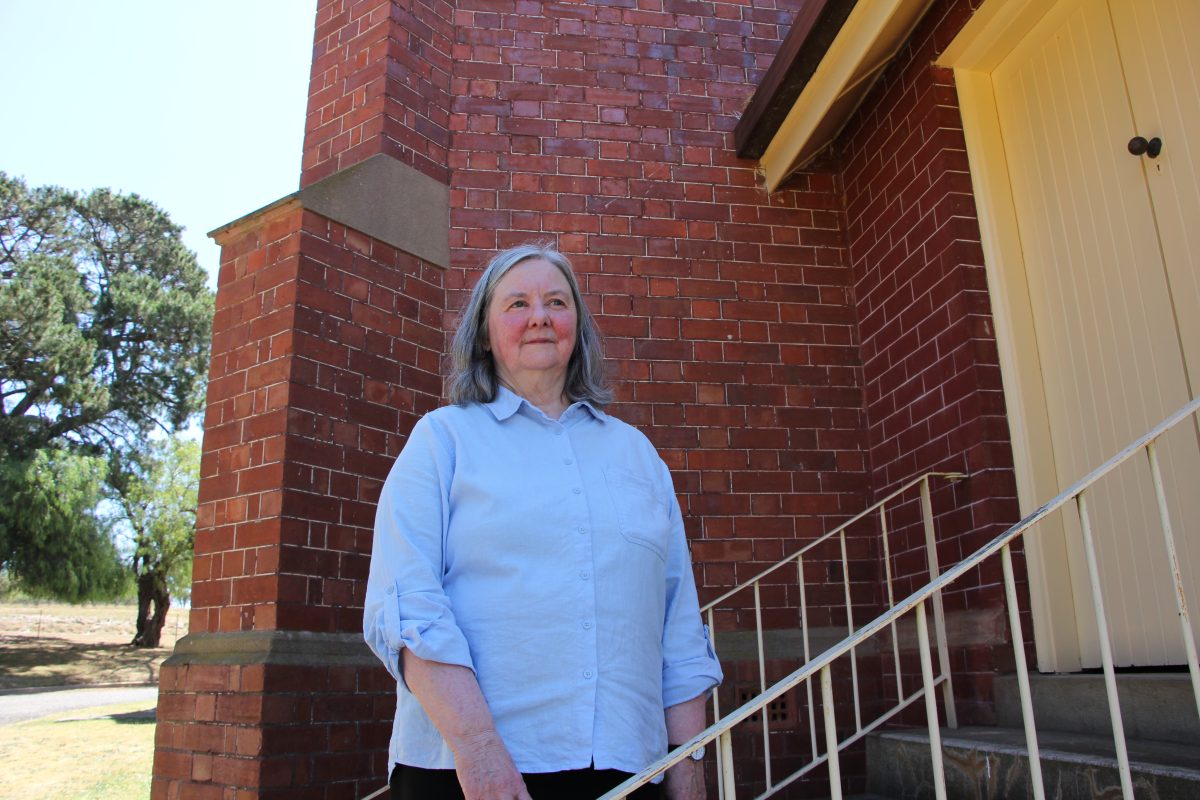
Kate Cleary at The Farm at Galong, which was established in 2017. Photo: The Farm at Galong.
That journey begins with small steps: caring for animals, taking on responsibility in the community and rebuilding maternal authority.
“We tell them: look after this pot plant first. Then we’ll think about the children,” Kate said.
The program blends intensive therapeutic work including cognitive behaviour therapy (CBT), trauma-informed care, and structured routines with practical education and skills-building.
From literacy and numeracy tutoring to obtaining qualifications such as a Certificate IV in Community Services, each woman is expected to leave the program with a clear vocational path.
Some go on to work in childcare or retail; others take on more ambitious careers.
One graduate, once in and out of prison from age 16, is now a senior paralegal.
“She got her job while she was still living with us,” Kate said. “She used to drive 90 minutes to work every day. She’s been there for years now and recently got promoted.”
The Taralga house will provide a space where those successes can consolidate.
It will house around seven women and their children and is expected to open by October.
Renovation work is underway, but unlike The Farm’s original site – a sprawling, semi-derelict former convent near Galong – the Taralga property is in relatively good condition.
Like the Galong property, the Taralga convent belongs to the Canberra-Goulburn Catholic Archdiocese, which leases it to the program for a “peppercorn rent” in exchange for ongoing maintenance and restoration.
The decision to expand to Taralga was also influenced by the surrounding community.
Proximity to services in Goulburn – including job opportunities, childcare, family support programs, and TAFE access – makes it an ideal location for women rebuilding both employment and rental histories.
“We’re already tapping into everything – childcare in Crookwell, support in Goulburn, community training groups,” Kate said.
“They’ll have wraparound support without being overwhelmed.”
While optimism around the new house is high, funding remains a challenge.
The program does not receive consistent government support and relies heavily on philanthropic donors and trained volunteers, especially retired professionals, nurses, social workers and counsellors – who can commit to a manageable four-hour shift once a fortnight.
“It’s just dinner, a meeting, some supervision — and a huge relief for our staff, who carry a lot of emotional weight,” she said. “It gives our residents extra support and our team a breather.”
More than 70 women have come through the Galong program.
While only 15 have graduated the full 12-month course, many others remain in regular contact.
Their stories of reunification and reinvention speak to the long-term value of the work being done.
One mother, facing permanent child removal, recalled the phrase, “Where’s the evidence?” – a tool from her cognitive behaviour sessions – just before court.
She used it to challenge the belief that she was an unfit mother.
Kate said she “went to her lawyer and said, ‘Look, there really isn’t that much evidence that I’m not a good mother. We’re going to ask for them back’. And she got them – all four of them”.
Ultimately, the Taralga house is about that very belief – that women can recover, families can be restored and healing isn’t a straight line but a supported path forward.
“We say it here all the time,” Kate said, “and I don’t want to be over the top, but you never know what God can do.”
To support the Taralga transition house or volunteer with the Women’s Support Program at The Farm at Galong, visit its website.







